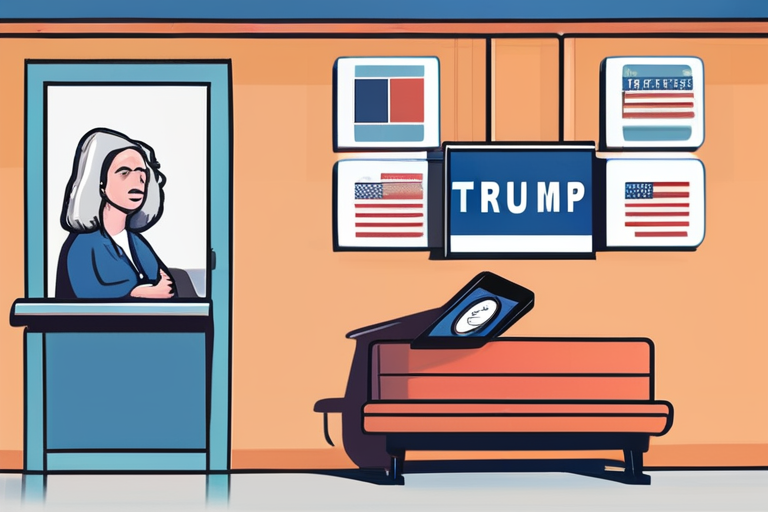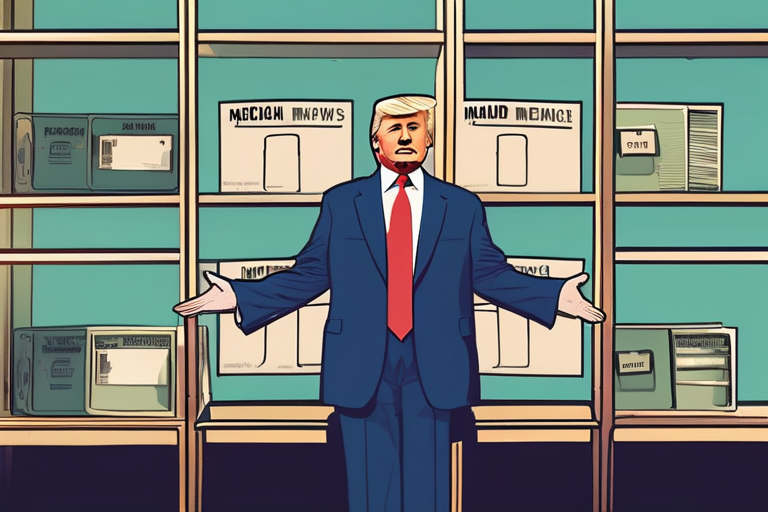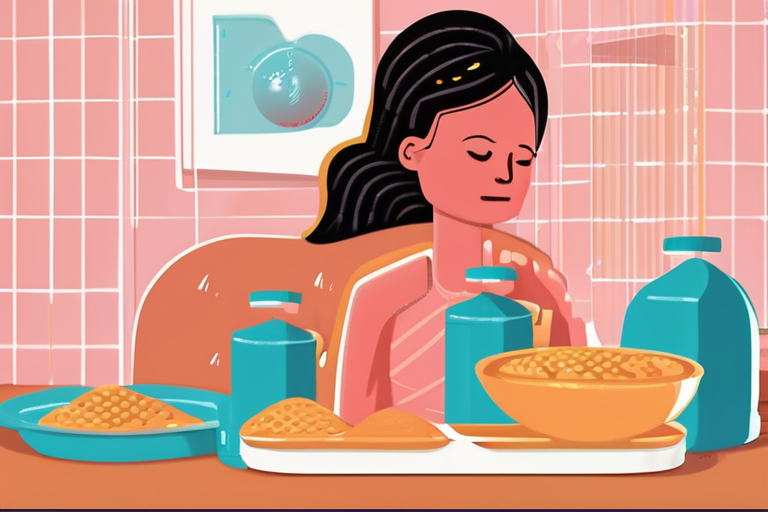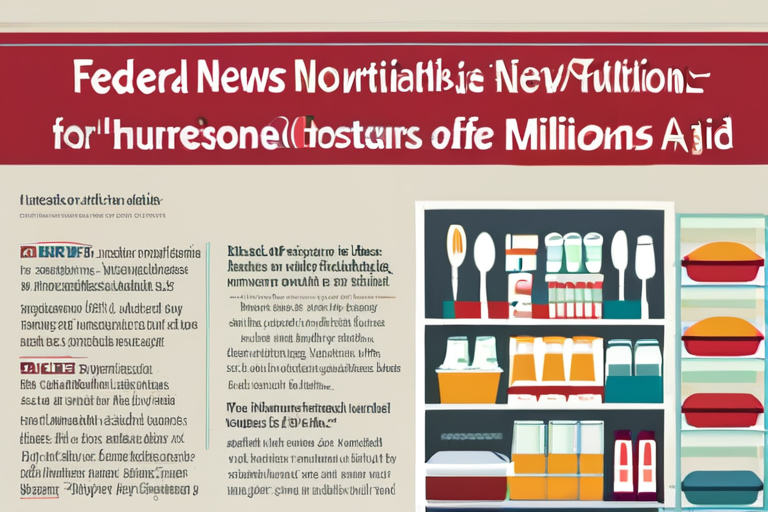States Cut Medicaid Provider Payments Before Trump Cuts Hit
In a move that has left healthcare providers reeling, several states have begun cutting payments to Medicaid providers, with some reductions taking effect as early as October 1. This development comes before the anticipated cuts to Medicaid provider payments under the Trump administration's proposed budget.
According to reports, North Carolina is among the states implementing such cuts, which will result in reduced pay for family caregivers like Alessandra Fabrello. Fabrello, who has been caring for her son Ysadore Maklakoff since he was 9 months old, said she works with staffing agencies to arrange services through the state's Medicaid program. However, under the new payment structure, Fabrello will see a significant reduction in pay.
"It is almost impossible to explain what it takes to keep a child alive who should be dead," Fabrello said, describing her son's rare brain condition and the extensive care he requires. "I'm not sure how we'll make ends meet."
These cuts are part of a broader trend of states reducing Medicaid provider payments in anticipation of potential federal cuts under the Trump administration's proposed budget. The administration has suggested slashing Medicaid funding by $1 trillion over 10 years, which would disproportionately affect low-income families and individuals.
Medicaid is a joint state-federal program that provides health insurance to millions of Americans who cannot afford it otherwise. The program relies on a complex system of reimbursement rates, which can vary significantly from state to state.
Experts say these cuts will have far-reaching consequences for Medicaid recipients, including reduced access to healthcare services and increased financial burdens on families like Fabrello's.
"This is a classic example of how states are trying to prepare for potential federal cuts by reducing their own spending," said Dr. Rachel Nuzum, senior vice president at the Center for Health Reform Innovation. "However, this approach will ultimately harm Medicaid recipients who rely on these services."
The Trump administration has yet to finalize its proposed budget, but the impact of state-level cuts is already being felt.
As states continue to grapple with the financial implications of Medicaid provider payments, healthcare advocates are urging policymakers to prioritize the needs of vulnerable populations.
"We need to ensure that Medicaid recipients have access to quality care without breaking the bank," said Fabrello. "It's not just about the money; it's about keeping people alive."
Background and Context:
Medicaid is a joint state-federal program that provides health insurance to millions of Americans who cannot afford it otherwise. The program relies on a complex system of reimbursement rates, which can vary significantly from state to state.
The Trump administration has proposed slashing Medicaid funding by $1 trillion over 10 years, which would disproportionately affect low-income families and individuals.
Additional Perspectives:
Experts say these cuts will have far-reaching consequences for Medicaid recipients, including reduced access to healthcare services and increased financial burdens on families like Fabrello's.
"This is a classic example of how states are trying to prepare for potential federal cuts by reducing their own spending," said Dr. Rachel Nuzum, senior vice president at the Center for Health Reform Innovation. "However, this approach will ultimately harm Medicaid recipients who rely on these services."
Current Status and Next Developments:
The Trump administration has yet to finalize its proposed budget, but the impact of state-level cuts is already being felt.
As states continue to grapple with the financial implications of Medicaid provider payments, healthcare advocates are urging policymakers to prioritize the needs of vulnerable populations.
"We need to ensure that Medicaid recipients have access to quality care without breaking the bank," said Fabrello. "It's not just about the money; it's about keeping people alive."
*Reporting by Npr.*



 Hoppi
Hoppi

 Hoppi
Hoppi

 Hoppi
Hoppi

 Hoppi
Hoppi
 Hoppi
Hoppi

 Hoppi
Hoppi










